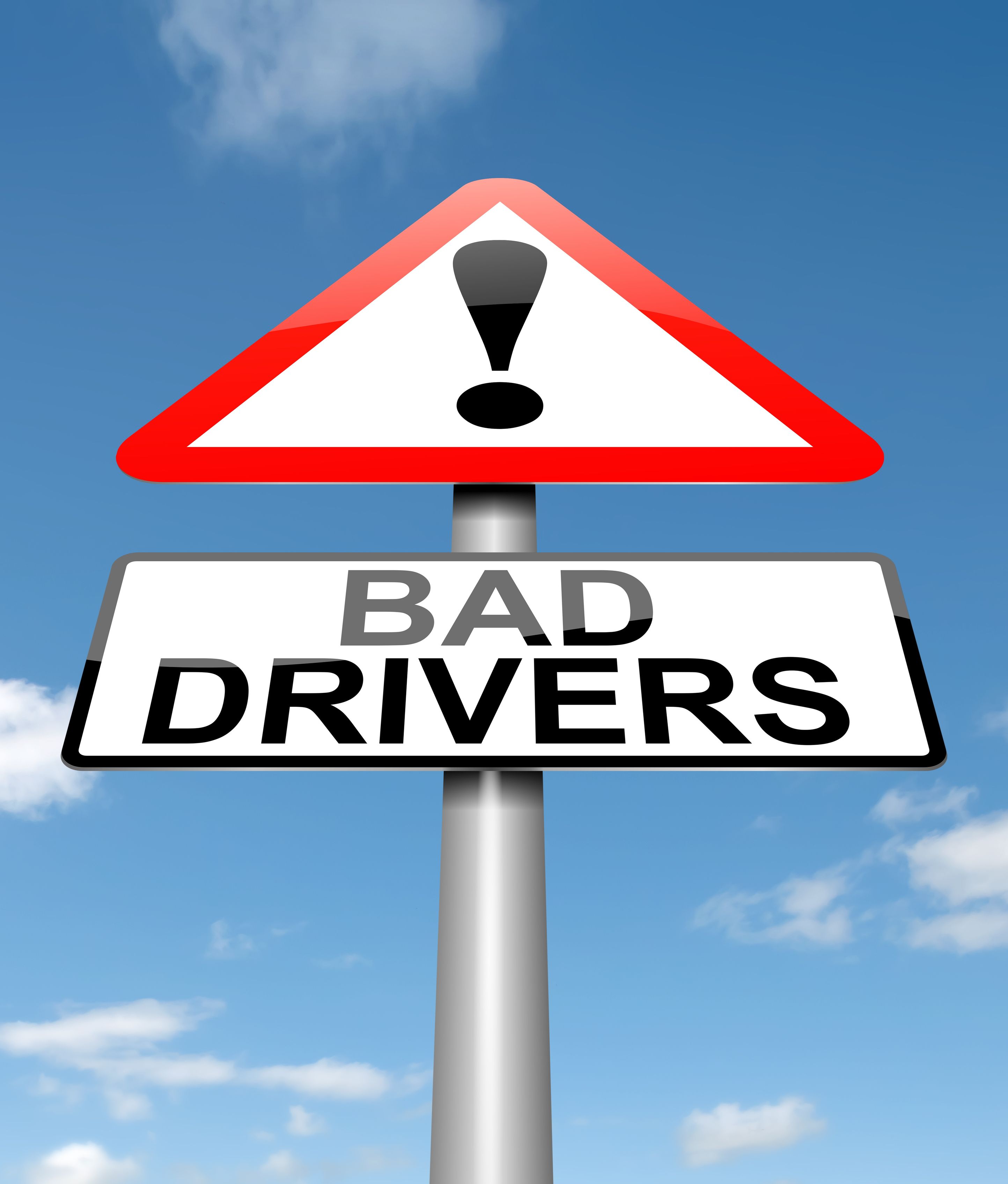5 Common Reasons for New York Truck Accidents
Whether you’re walking, biking, or driving around New York in your car, it’s every commuter’s worst nightmare: looking up to see a giant truck barreling down on you with no way to escape. More than just about any other type of accident, commercial truck crashes are terrifying because they are almost always serious.
Take the recent case of Ellen M. Volpe, 45, of upstate Rochester. While travelling westbound on I-90, she was rear-ended by a Freightliner box truck and killed. As if that wasn’t tragic enough, the truck continued after hitting her car, striking other vehicles and sending at least one other victim to the hospital.
Why do trucks and truck drivers get into accidents? Below we detail five common reasons truck accidents tend to happen.
Why Truck Accidents Happen in New York
Lack of training. By and large, the men and women who drive commercial trucks in New York are excellent drivers who understand how to safely operate their vehicles and exhibit patience and skill. Unfortunately, that is not always the case. In order to safely operate a big rig, drivers must be properly trained on a variety of things, including:
- Driving technique
- Safety concerns unique to big trucks
- Defensive driving
If they do not receive adequate training before heading out onto our roads, bad things are more likely to happen. One of the first things your lawyer should investigate if you are injured by a tractor trailer driver is their record – including making sure they have received proper training.
Incentivized recklessness. Many trucking companies impose schedules on their drivers that eschew safety in the name of speed. This can manifest itself in a number of ways, including encouraging drivers to skip sleep periods, drive faster, or both. Sometimes companies use negative reinforcement, punishing drivers who aren’t fast enough. In other cases, they might reward those who are faster by providing them with additional compensation.
Regardless of how the specific system works in your case, it is vital that you hold the responsible parties accountable for their actions.
Truck driver recklessness. Even when the company doesn’t actively encourage unsafe behavior, sometimes, some drivers still act negligently. Speeding. Drinking and driving. Driving while distracted.
There are all kinds of ways that a truck driver might behave in a manner that is unsafe. If this behavior causes an accident in which you are hurt, you deserve compensation.
Defective parts. Just as in other types of motor vehicle accidents, truck crashes can be caused by mechanical parts that give out at the wrong time. If a part malfunction occurs because of a manufacturing defect, or if the trucking company failed to properly inspect the vehicle and realize that repairs were needed, you can fail a lawsuit against them to hold them accountable.
Other drivers. Many trucking accidents actually aren’t the fault of the truck or truck driver at all. What are they caused by? Car drivers. Most people know to give trucks a wider berth, avoid “No-Zones,” and so on, but sometimes they can do something that causes a truck to get into an accident.
If another driver forces a truck driver to react and you end up getting hit, the situation can be complicated. The best thing to do is to reach out to a knowledgeable New York truck accident lawyer who has had success handling these types of cases and will be able to look at the facts and help you understand your options.
This website contains “Attorney Advertising.” It is designed for general information only and should not be construed to be formal legal advice. Prior results cannot and do not guarantee a similar outcome. Please contact us by telephone or email. Be advised that using any method of communication to contact us does not create an attorney – client relationship. In order for this office to represent you, we must enter into a written retainer agreement. Simply contacting us does not create an attorney-client relationship. Please do not send any confidential information to this office until after a signed retainer has been entered into by you and this office.

